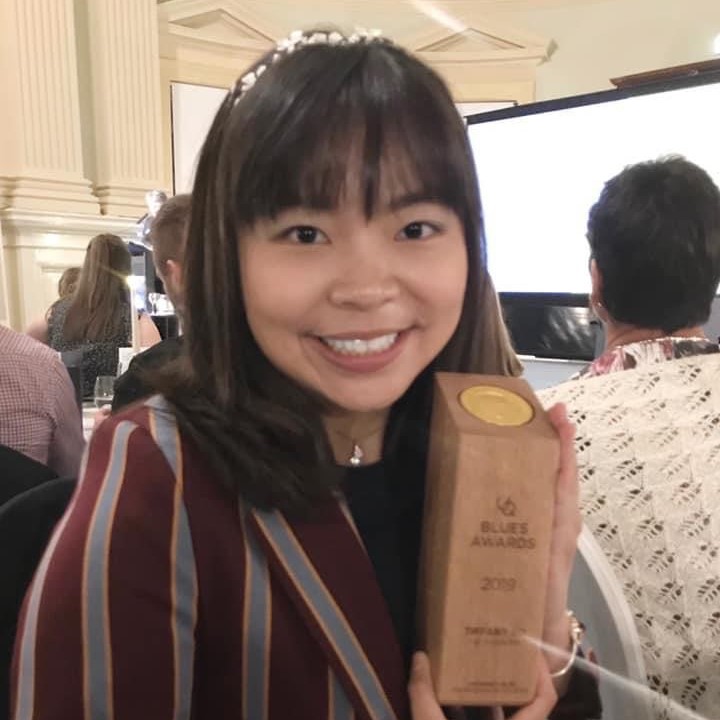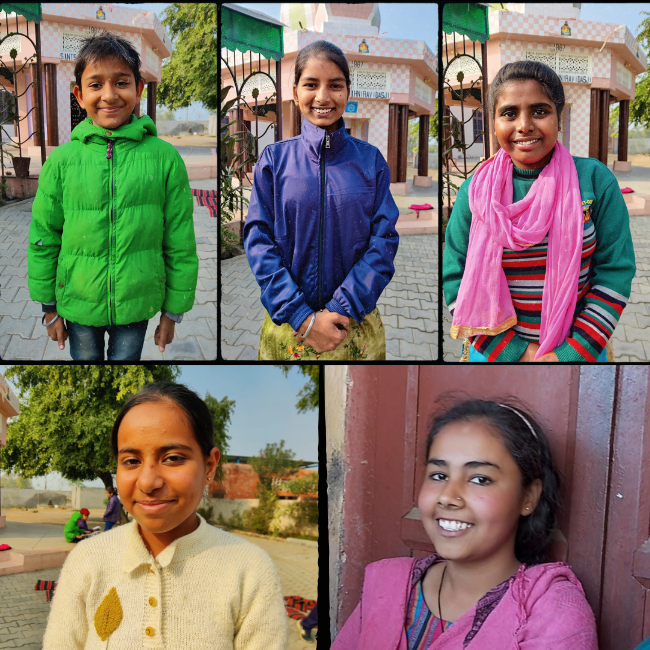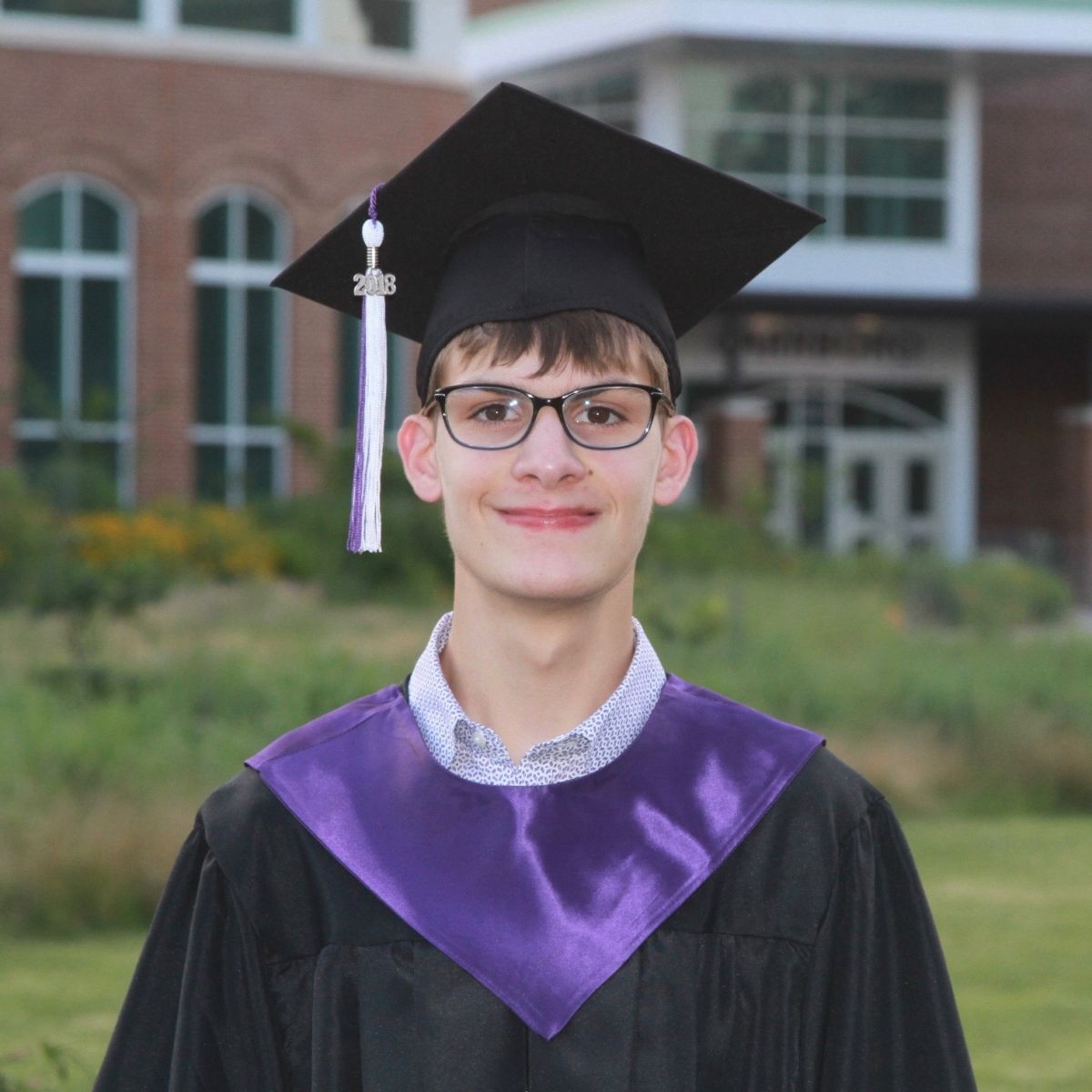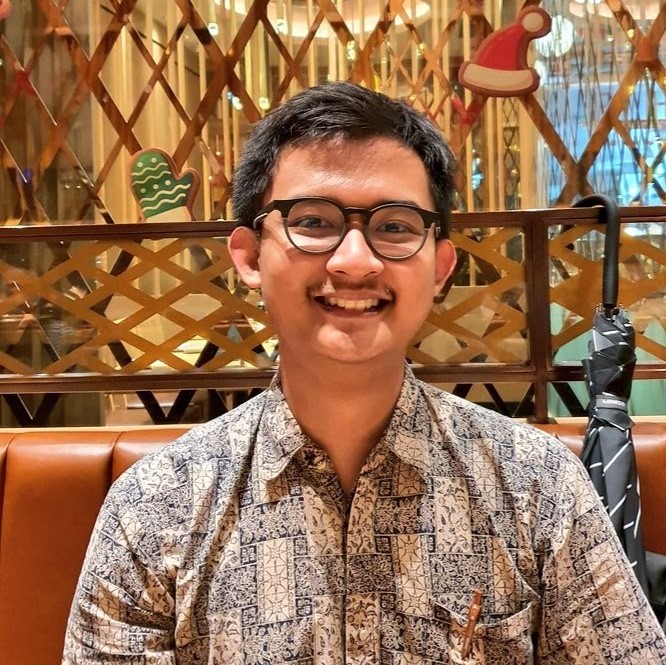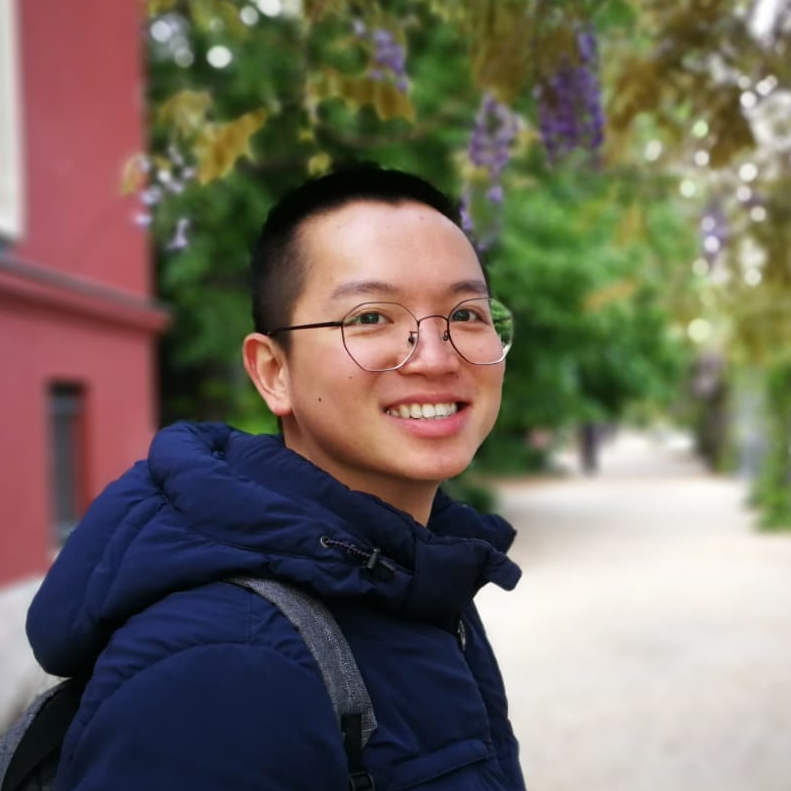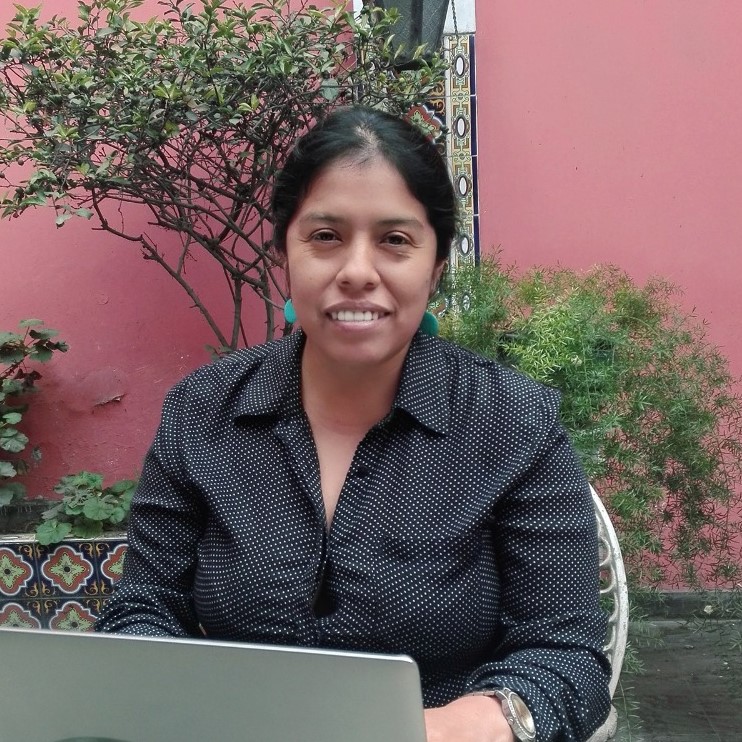What Becoming a Teacher Taught Me: My Journey to Smangus Tribe
After facing difficulties in her business, Tiffany decided to move to a small tribe in the mountains of Taiwan and become a teacher. This is her story of how her time in Smangus healed her wounds and let her grow as a person.
Taiwan, Eastern Asia
Story by Tiffany Ko. Edited by Rick Scherpenhuizen
Published on January 9, 2022.
Reading time: 8 minutes
This story is also available in 

I remember as a young child, I watched a movie about rural education and once had the thought of becoming a teacher in a rural village. Years later, I did not imagine that this would actually become my career. From the moment I moved to the capital city of Taiwan, Taipei, to this aboriginal tribe called Smangus (a name in the aboriginal language, Tayal) in the mountains of Taiwan, my life has never been the same.
As a Taekwondo practitioner and coach, I started my own business when I was at university in Australia teaching children and adults sports and hosting camps and sports events. I founded this business all by myself and it soon prospered to a little company with some corporations, associations and agencies. I was just 23 years old and thought that I would become a “successful” businesswoman and that my life would from then on be easy. I dreamt of being one of the best businesswomen and receiving praise from others.
It came to a point that I felt incapable of being a leader anymore and I could not see hope either for my career or life.
However, as people sometimes say: “People with pride can’t stand long.” When I found out that my business partner took away my name from our joint bank account, I was very frustrated. She went to continue her business with the money I provided. It became a pain in my heart and I decided to leave Australia to return to my home country Taiwan, where I would start my own business again. After 5 months of planning, I founded a gym in central Taipei. The business grew and grew and did much better than I ever expected. However, at one point, I started to have this exhaustion about work, and my mentality and spirit became weary. At the same time, people who worked for me started to complain about the salary and the workload. It came to a point that I felt incapable of being a leader anymore and I could not see hope either for my career or life. “I am a failure”. It seemed like the whole world was telling me to give up.
“How can I, who was once a boss of a company, become a teacher in a rural place?” I was scared about how others would judge me.
In March this year, Covid-19 hit Taiwan badly. A lot of businesses experienced a hard time, and many people lost their jobs. This situation made it even harder for the jobless me to find work. But one day a thought came to my mind: “I’ll become a teacher in the countryside.” I did some research and found a primary school that was looking for teachers. I looked through the website and thought - “Why not?”. Honestly, this decision was not easy, because it hurt my inner pride. Then I laughed at myself: “Who do you think you are?. Why should I look down on this job?” There was a sense of shame within me: “How can I, who was once a boss of a company, become a teacher in a rural place?” I was scared about how others would judge me.
Due to the financial hardship I had at that time, I was pushed to defeat such thoughts and I decided to give it a try. Finally, I went to the interview, got the job, packed my stuff and moved to the Smangus Tribe. [1]
I became a teacher teaching the aboriginal children English, Music, and Physical Education (PE). In addition, I also started a Taekwondo team and brought the children to competitions. My life has never been the same since.
Education is precious in Smangus. Children here do not have the same opportunities to do extra-curricular activities as kids in cities because we have so few teachers at the school and they are already busy teaching main lessons. Unlike other schools, we can hardly get teachers or coaches for extra-curricular activities due to the inconvenience of transportation. What’s more, our school has very few funds from the government because of administrative difficulties. That is why I decided once more to establish a Taekwondo club for all the children in the tribe. I see having a sports club as a good way for them to learn about daily life routines. It's not only training them to have better sports skills, but also emphasizing discipline to build healthy habits. For example, children start to eat more nutritious foods because I teach them about sports nutrition as a part of our training.
It has not been easy. My Taekwondo team started with no funds and all the initial equipment was donated by coaches and suppliers from cities all over Taiwan. I used the power of the internet to share videos and posts to raise attention about rural schools' physical education. I even started a fundraiser to collect funds for our trips to travel down to the mountain for competitions. To my surprise, many people have contacted me and offered help. Children love martial arts, especially Taekwondo with all its fancy kicks and flips. Now, every time that I see the children enjoying sports and helping each other during Taekwondo training, I feel delighted and very thankful.
The sense of community is very strong within the tribe. Children have lunch together in the tribe's restaurant where Grandmas cook for all the people in the tribe. The special part about this school is that grade 1 to grade 6 students have full-day classes because parents are busy at work until late at night. Teachers here have greater responsibility to look after children than in other places.
I am free from the shame I used to feel, and I found purpose and hope here.
The aboriginals view me as a part of their family and showed me what a “free-of-worries” life looks like. By singing, eating, and speaking out, people do not run away from troubles but face them straight on. I am free from the shame I used to feel, and I found purpose and hope here. Most importantly, there is love and unity among the Smangus Tribe. And with love, people share happiness and sorrows, so that their burdens become lighter. Even though the living conditions may not be as good as in cities, people in Smangus work together and create harmony.
I have made a difference for myself. I started to appreciate little things in daily life. When the wind blows, when the sun rises, when the rain falls, and when the flowers bloom, for all these moments I am thankful. I once lived in plenty but lacked something inside me, living only with anxiety and emptiness, not knowing the directions of my life. We have all learned the phrase “to give is more than to receive,” and I am here telling you surely, giving is more. You will never really understand and experience what this means unless you take the first step in putting away your worries and throw yourself to a new challenge.
Watch Tiffany introducing herself and the Smangus Tribe:
[1] Smangus Tribe sits at an altitude of 1500 meters on a slope of the Xuebai Mountain in Hsinchu, Taiwan. Smangus is one of the most secluded aboriginal villages in Taiwan. Electricity was not connected until 1980, and the road to the outside world did not open until 1995. Residents of the village are actively engaged in promoting “collective management” for tourism. This special system was started with a plan called “Tunan-Smangus,” which stands for cooperation, togetherness, and co-ownership of the land. With collective management, residents of the Smangus Tribes share profits fairly and they have built an association to deal with big decisions and daily life for the residents. Because of their practices of living in harmony and the beautiful views that Smangus offers, the Smangus Tribe is given the name of “God’s Tribe.” For more information, visit Smangus' homepage: https://www.smangus.org/pinsbkan.html
How does this story make you feel?
Follow-up
Do you have any questions after reading this story? Do you want to follow-up on what you've just read? Get in touch with our team to learn more! Send an email to [email protected].
Talk about this Story
Please enable cookies to view the comments powered by Disqus.
Subscribe to our Monthly Newsletter
Stay up to date with new stories on Correspondents of the World by subscribing to our monthly newsletter:
Tags
Topic: Education
> India
Tales of the unknown fighters
A story by Sanjoli Banerjee, Deepika Dhiman, Gagan Dhiman, Isha, Mamta, Anjali
14 min Long Read
A story of children struggling to educate themselves, fighting against the odds with support from a local NGO, Sarthi and its Sushiksha program. Read more...
> Sri Lanka
Feynman Technique for Learning
A story by Chathurıe Nıluka Nupearachchı
5 min
As a Physicist, I admire the American theoretical physicist, Richard Feynman. He used his own personal method for learning which is known as the ‘Feynman technique’. It contains four repetitive steps called study, teach, fill the gaps and simplify. Read more...
> United States
College For All
A story by Keiron Dyck
4 min
I believe higher education programs are important for the disability community. Read more...
Explore other Topics
Get involved
At Correspondents of the World, we want to contribute to a better understanding of one another in a world that seems to get smaller by the day - but somehow neglects to bring people closer together as well. We think that one of the most frequent reasons for misunderstanding and unnecessarily heated debates is that we don't really understand how each of us is affected differently by global issues.
Our aim is to change that with every personal story we share.
Community Worldwide
Correspondents of the World is not just this website, but also a great community of people from all over the world. While face-to-face meetings are difficult at the moment, our Facebook Community Group is THE place to be to meet other people invested in Correspondents of the World. We are currently running a series of online-tea talks to get to know each other better.











